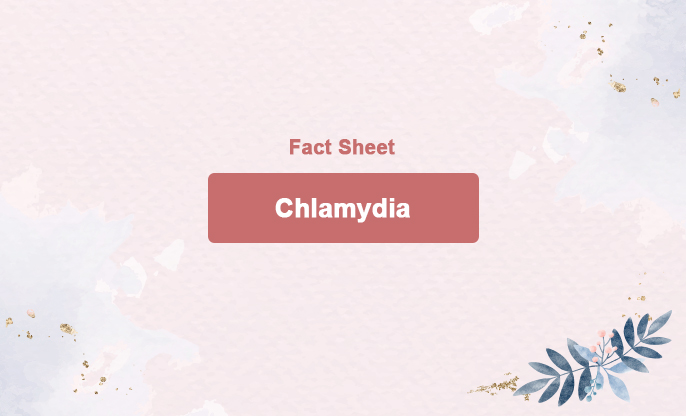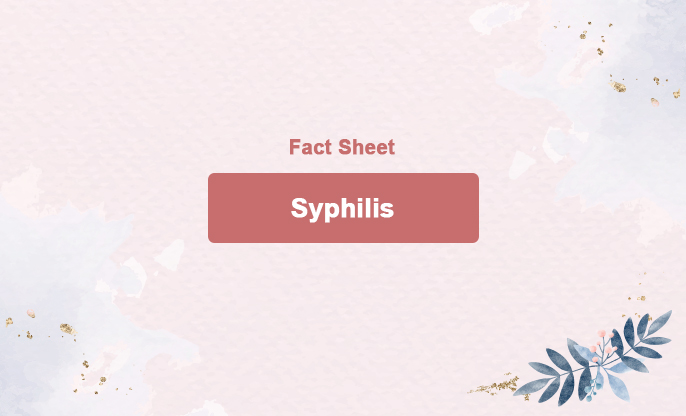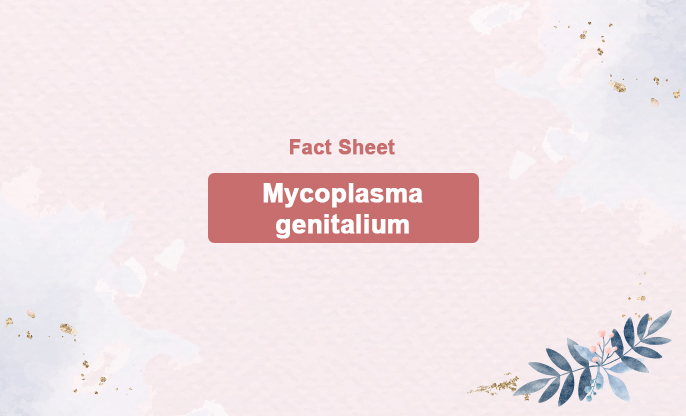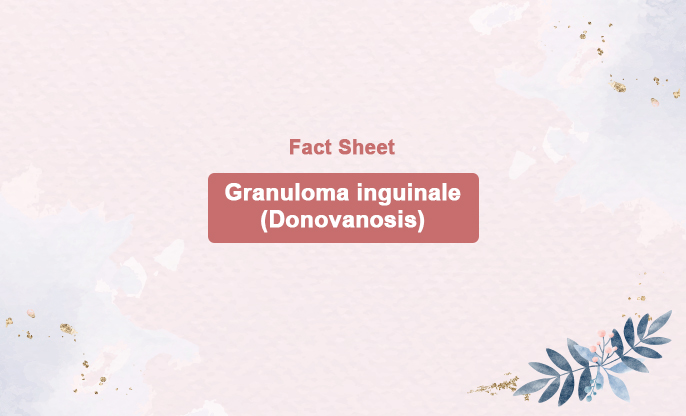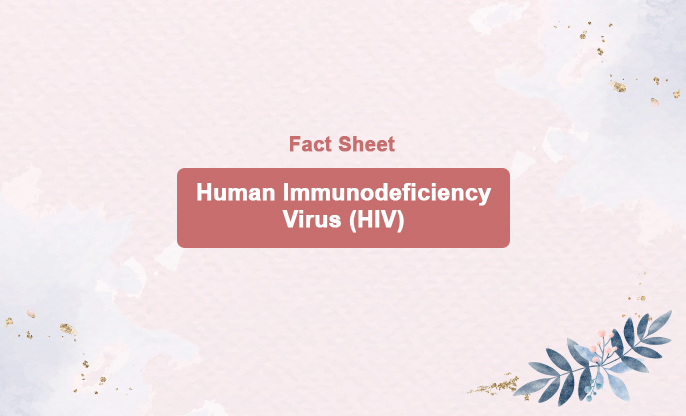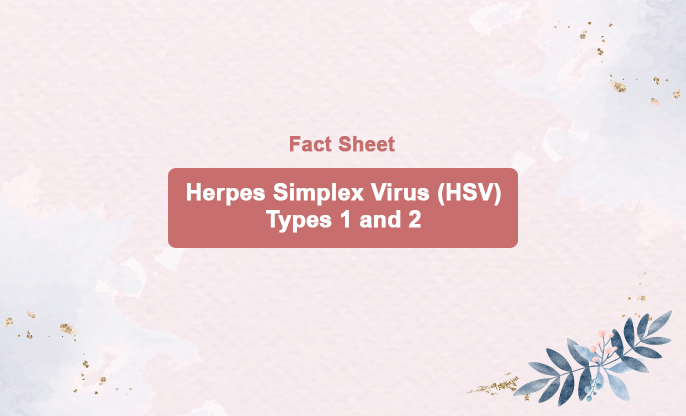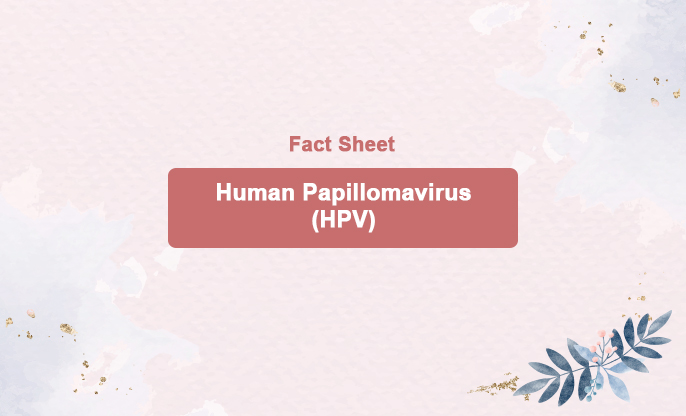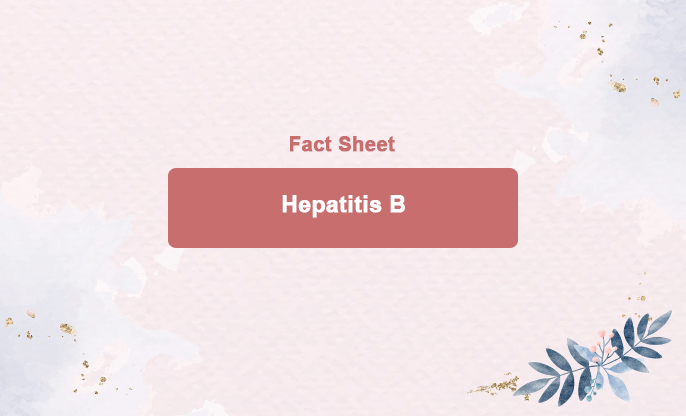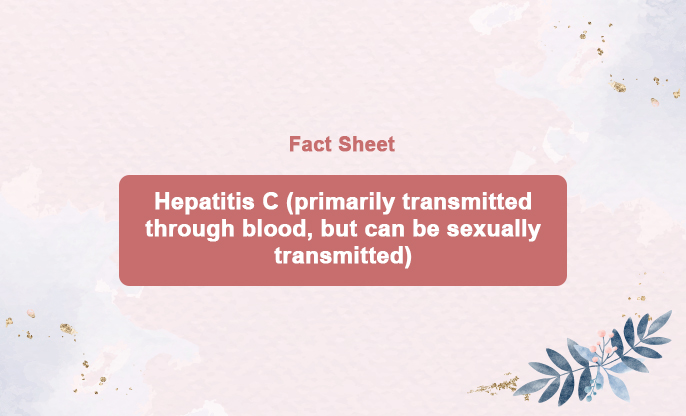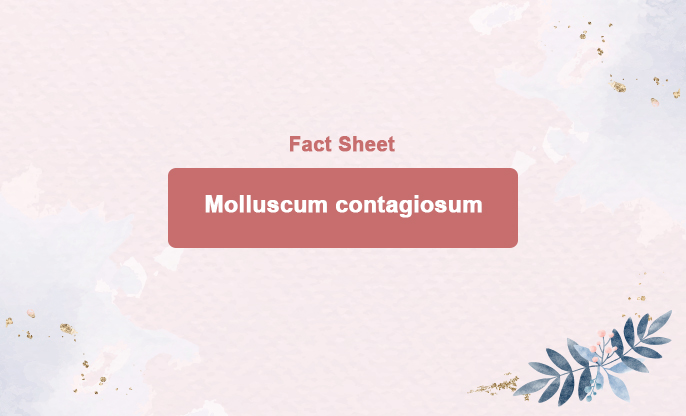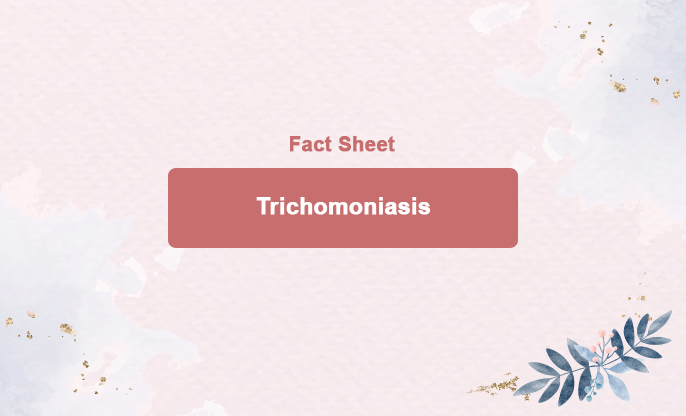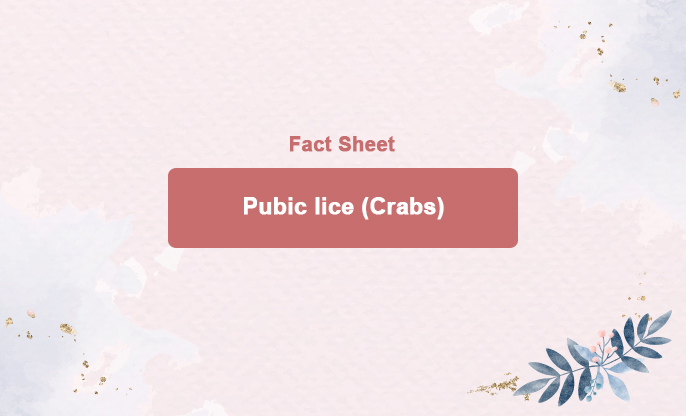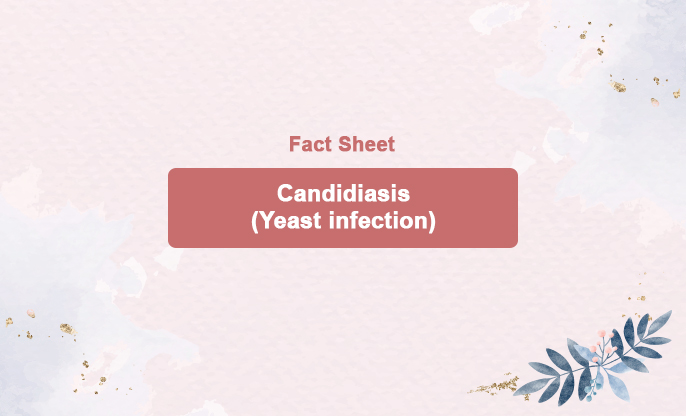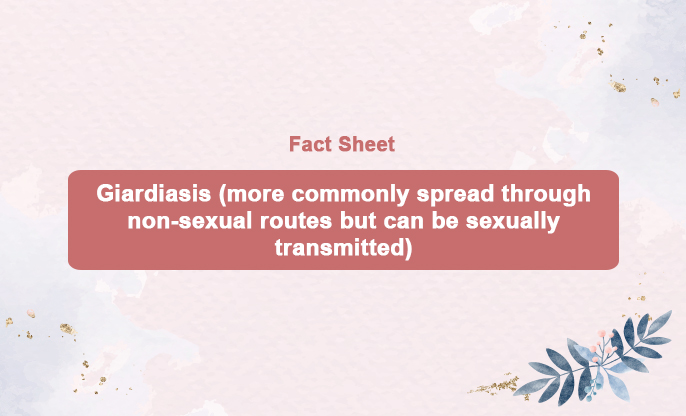
What is this?
Gonorrhea is a preventable and treatable sexually transmitted infection caused by the bacterium Neisseria gonorrhoeae. It is primarily transmitted through vaginal, oral, or anal sex. It is especially common in people ages 15-24.
Symptoms of Gonorrhea
Many people with gonorrhea do not experience symptoms, especially women. This asymptomatic nature makes regular screening important, especially for those at higher risk of infection.
In Men
In Women
In Both Men and Women
How is it transmitted?
Gonorrhea can be transmitted through vaginal, anal, or oral sex without a condom with an infected person. It can also be spread from an infected mother to her baby during childbirth.
Standard treatment protocol and time:
Time for Treatment
Important Considerations
How to avoid it?
What is this?
Urethral Discharge: White, yellow, or green discharge from the penis.
Painful Urination: A burning sensation when urinating.
Testicular Pain: Pain or swelling in one or both testicles.
Throat Infection: Sore throat if infected through oral sex.
Vaginal Discharge: Increased vaginal discharge that is often yellow or green.
Painful Urination: A burning sensation when urinating.
Pelvic Pain: Pain in the lower abdomen or pelvis.
Bleeding: Bleeding between periods or heavier menstrual bleeding.
Pain during Sex: Pain during vaginal intercourse.
Throat Infection: Sore throat if infected through oral sex.
Anal Infection: Itching, discharge, pain, or bleeding from the rectum.
Eye Infection: Conjunctivitis (pink eye) if the bacteria come into contact with the eyes.
Throat Infection: Sore throat and swollen lymph nodes if infected through oral sex.
Antibiotics:
Ceftriaxone: 500 mg given as an intramuscular injection (IM) in a single dose. For patients weighing 150 kg (300 lbs) or more, a 1 gram dose is recommended.
Azithromycin: 1 gram taken orally in a single dose is sometimes used in combination with ceftriaxone if there is suspicion of co-infection with chlamydia.
Alternative Treatment (if allergic to ceftriaxone):
Gentamicin: 240 mg as a single IM dose plus azithromycin 2 grams taken orally.
Cefixime: 800 mg taken orally in a single dose (considered less effective than ceftriaxone and used when ceftriaxone is not available).
Symptom Relief: Symptoms often begin to improve within a few days after starting treatment.
Full Recovery: Completing the entire antibiotic course is crucial, even if symptoms subside earlier.
Re-testing: Follow-up testing is recommended after two weeks to ensure the infection has cleared, especially if symptoms persist or there is a high risk of reinfection.
Sexual Activity: Avoid sexual intercourse until the treatment is complete and a healthcare provider confirms the infection is cleared to prevent spreading gonorrhea to others.
Partner Notification and Treatment: Sexual partners should be informed, tested, and treated if necessary to prevent reinfection and further transmission.
Testing for Other STIs: It's important to test for other sexually transmitted infections (STIs), as co-infections are common.
Always use a condom for vaginal or anal sex.
Use a condom to cover the penis during oral sex.
Use a dam (a thin, soft piece of plastic or latex) to cover the female genitals during oral sex or when rubbing female genitals together.
Avoid having multiple sexual partners.
Antibiotic eye ointment is advised for newborns to prevent gonococcal eye infections.
